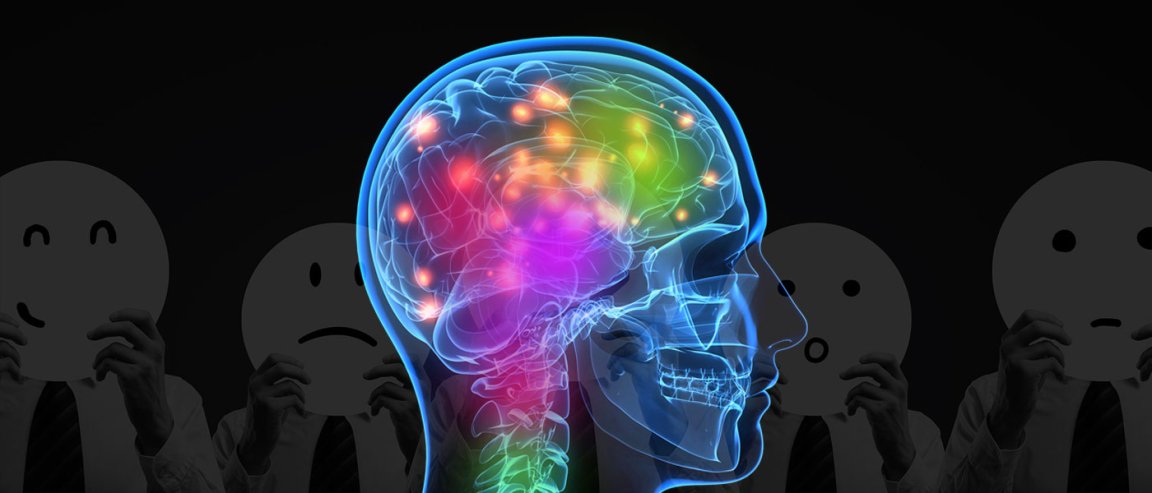
Nature vs. Nurture
In a completely unexpected twist in the nature vs. nurture debate, new research reveals that part of our personalities could possibly be influenced by, wait for it, our immune systems.
According to a study conducted in mice, switching off just a single molecule can change the way animals behave and interact with other mice—suggesting that immune systems could affect conditions like autism spectrum disorder or schizophrenia.
Research conducted by a team of researchers at the University of Virginia School of Medicine is still in its very early stages. However, the changes in the immune systems have shown how particular response to pathogens could spur antisocial behavior in their test subjects.

Interferon Gamma
“It’s crazy, but maybe we are just multicellular battlefields for two ancient forces: pathogens and the immune system,” Jonathan Kipnis, who leads the research team, says. “Part of our personality may actually be dictated by the immune system.”
The molecule is called interferon gamma, which is released by the immune system when it comes into contact with a virus or bacteria. Up until 2015, it was assumed that this kind of immune response didn’t affect the brain because of the blood-brain barrier.
Last year, however, Kipnis’ team discovered that meningeal vessels directly connect the brain to the lymphatic system, allowing the brain and immune system to interact.
This discovery provides an explanation for multiple theories, particularly that conditions like autism, schizophrenia and depression may be triggered by the immune system; and—taking this theory a step further—that if the pathogens and the immune system could be linked to social situations, it could also influence our social behavior and personality.
The research was recently published in the journal Nature, with the team concluding that the interferon gamma molecule plays a “profound role in maintaining social function.”